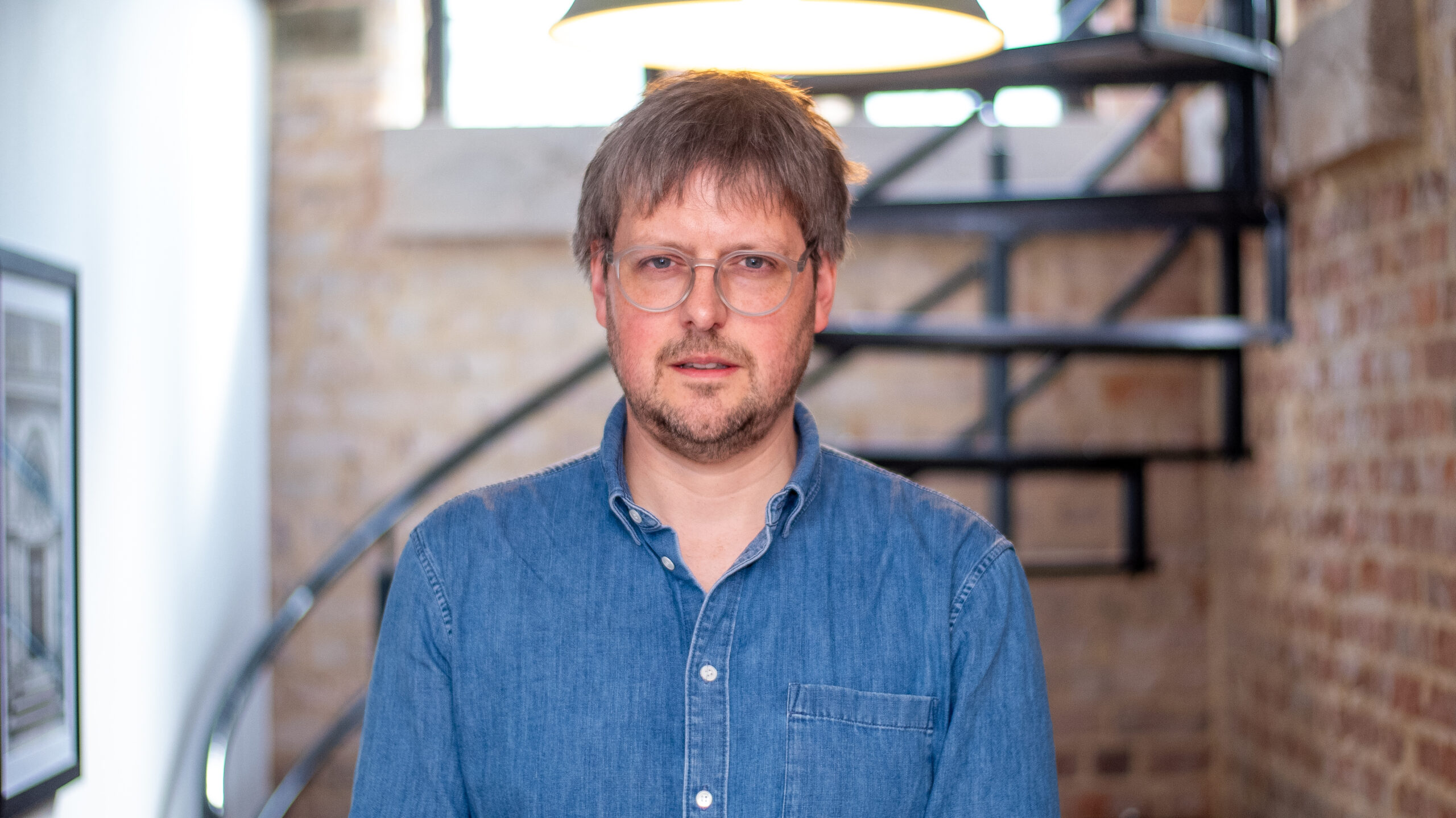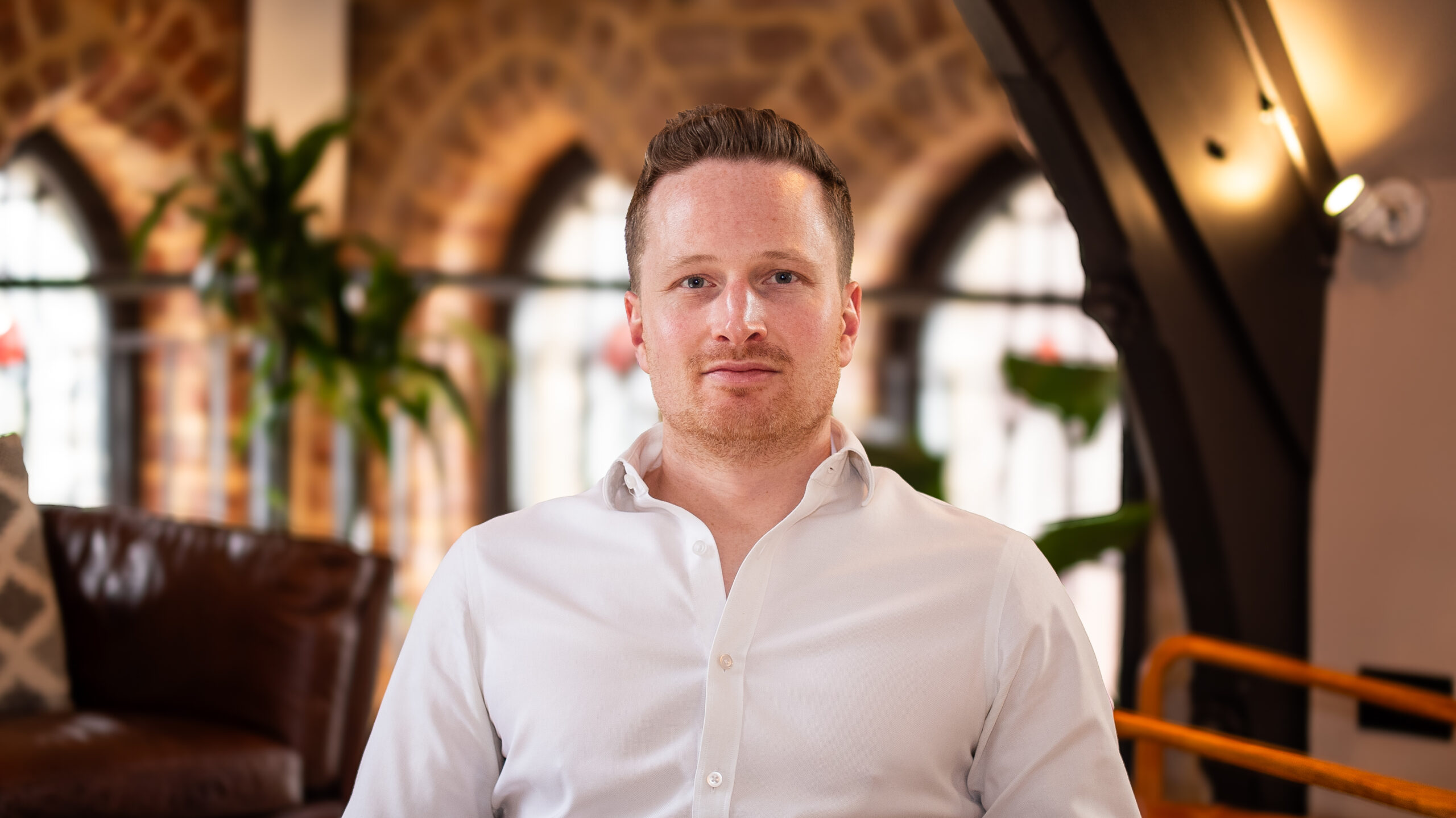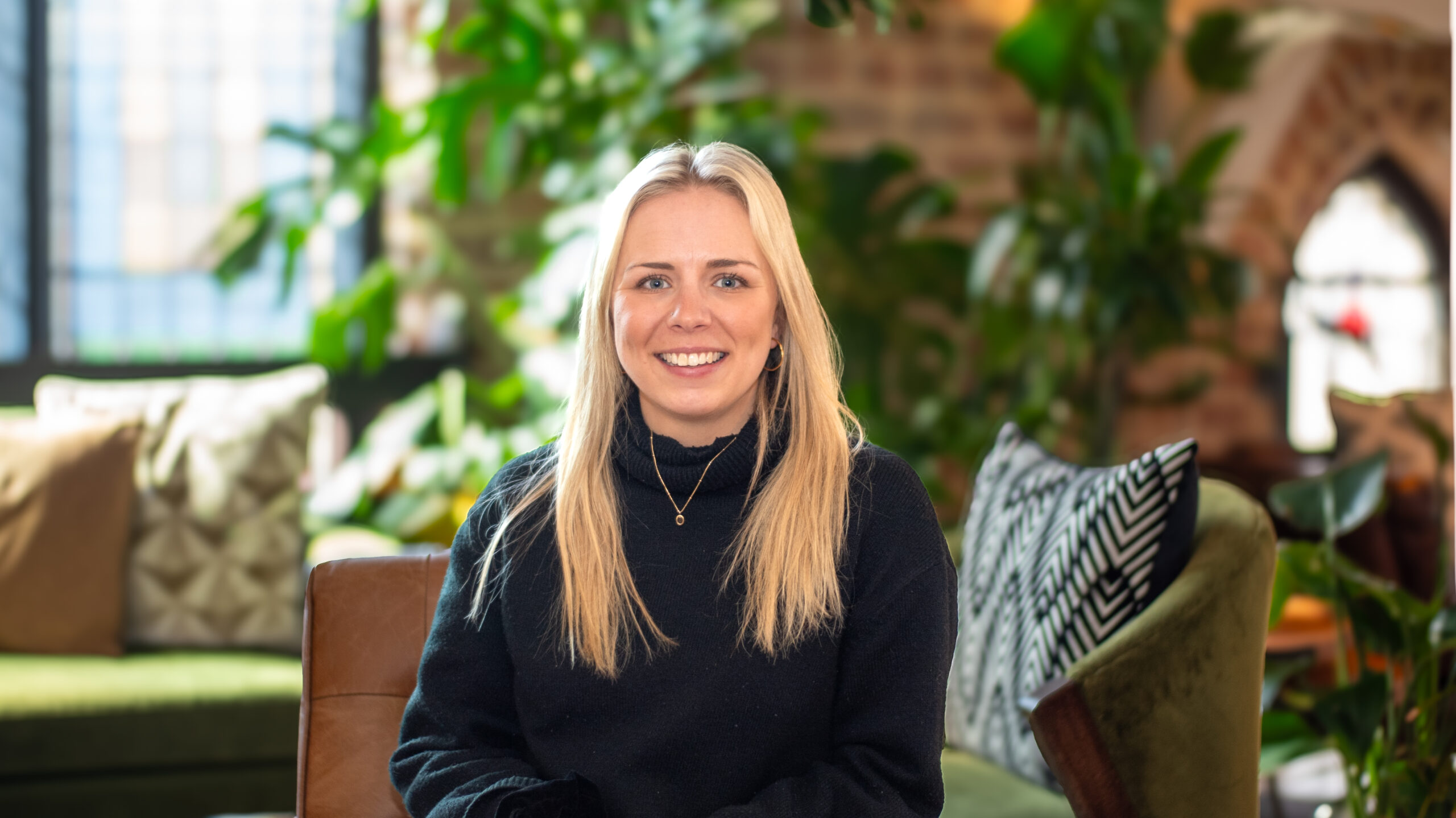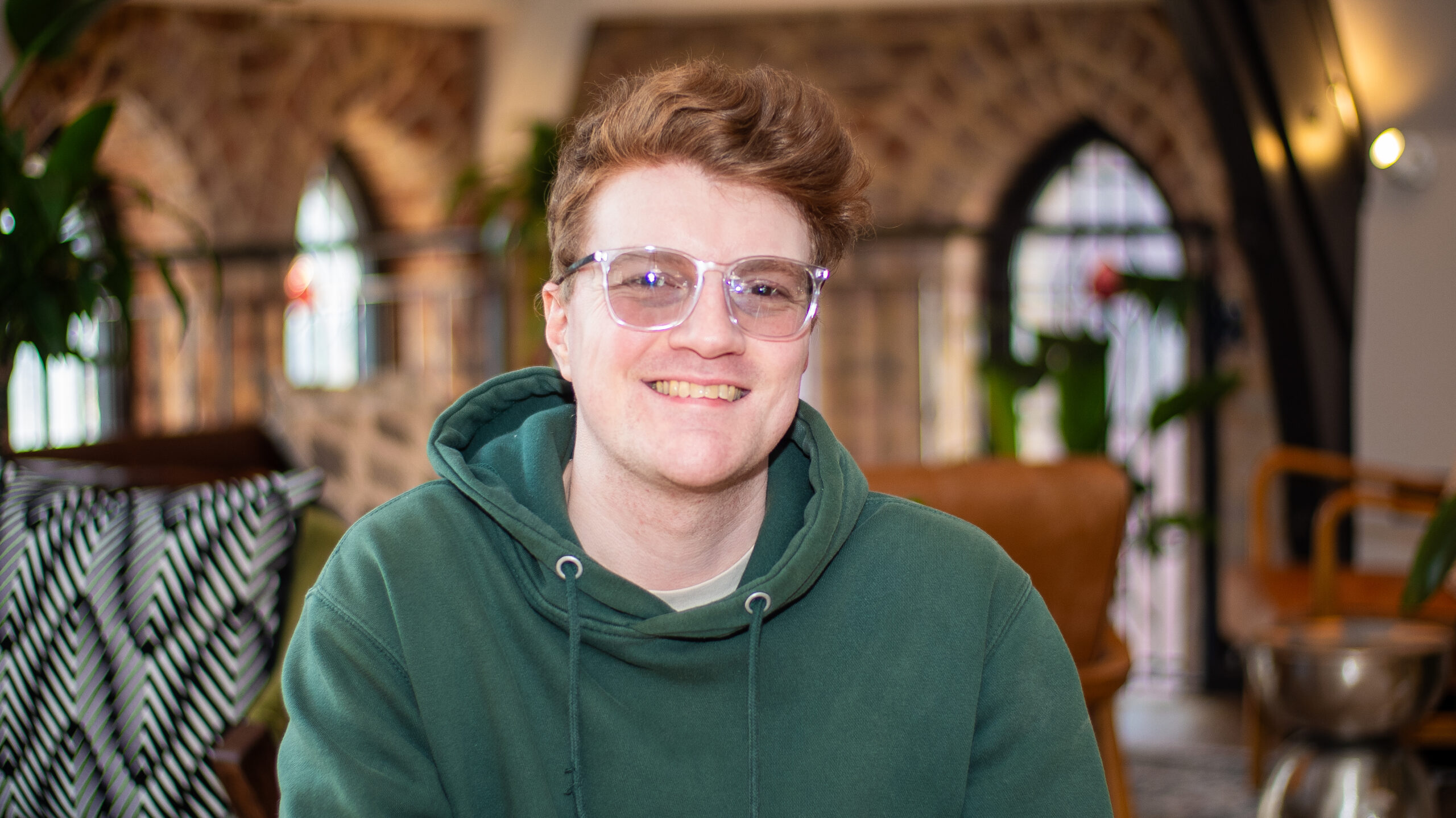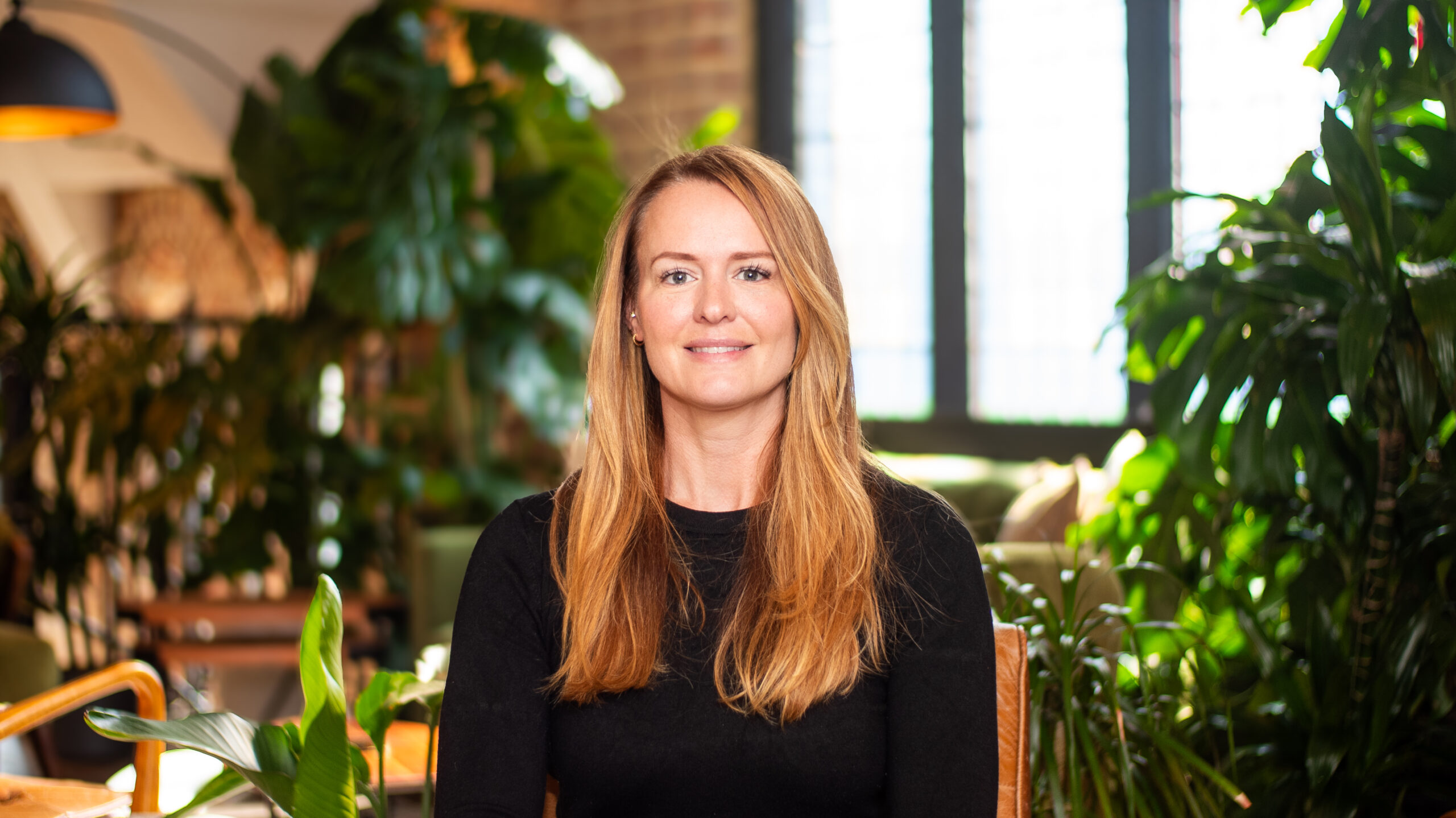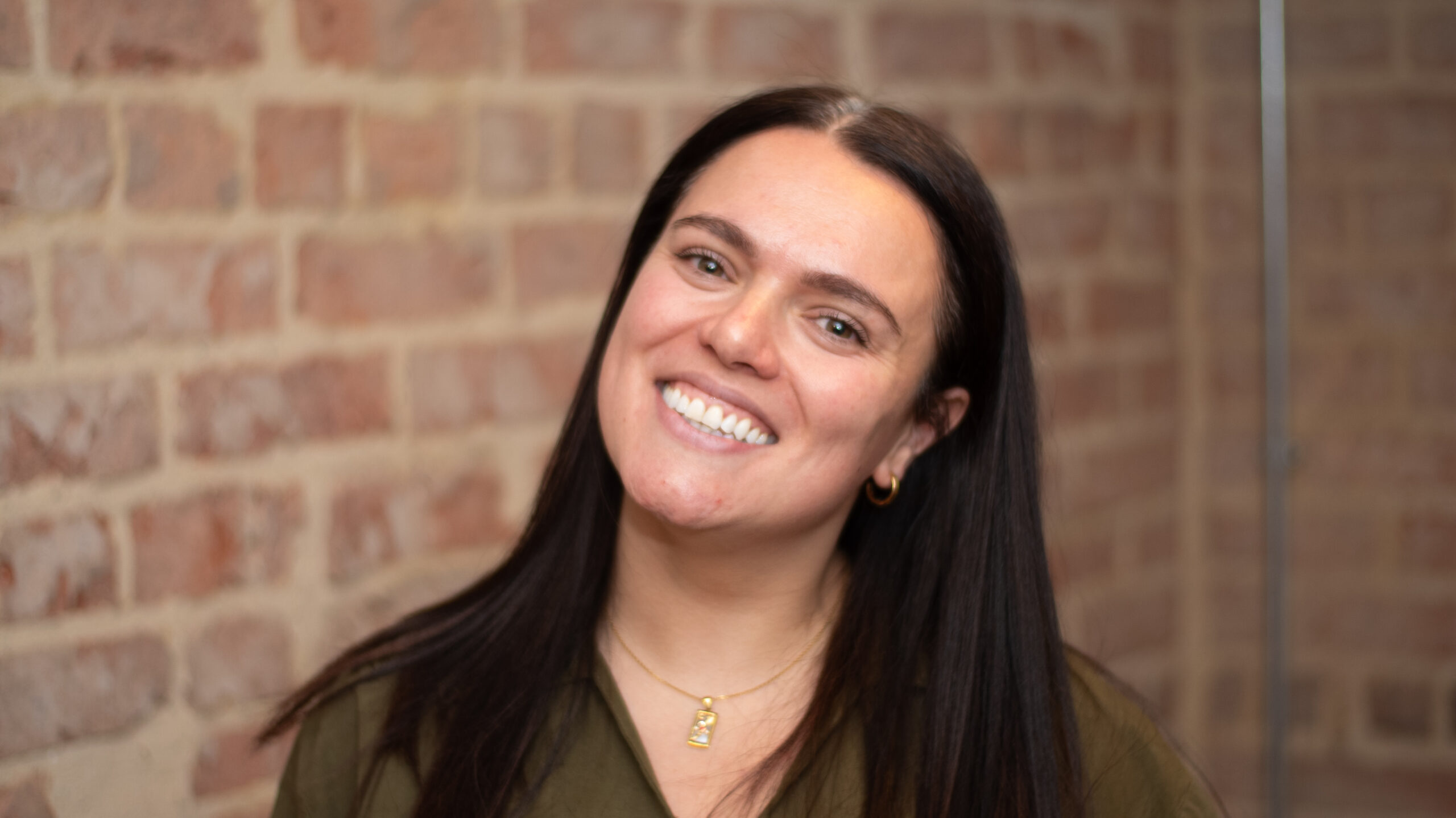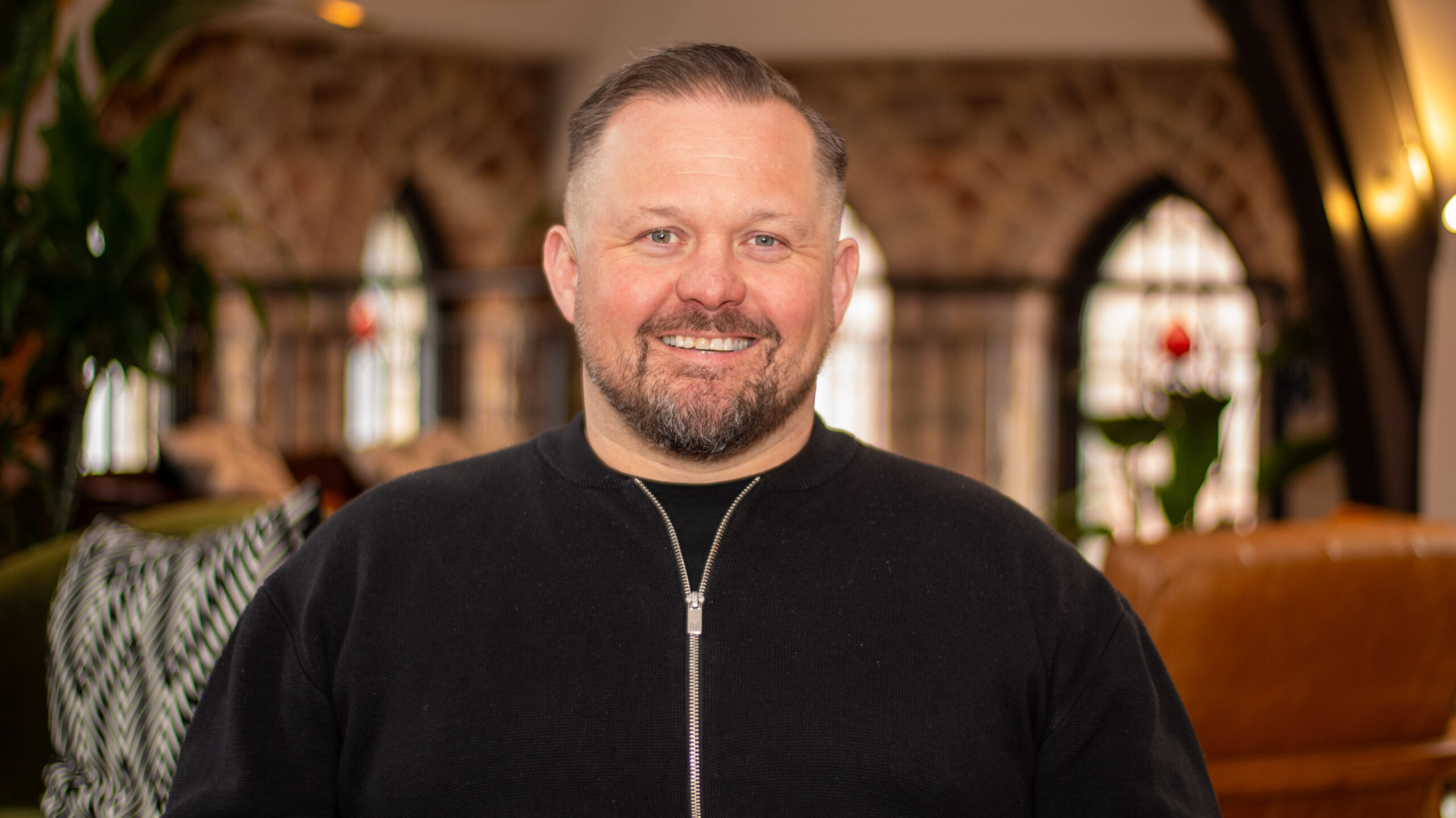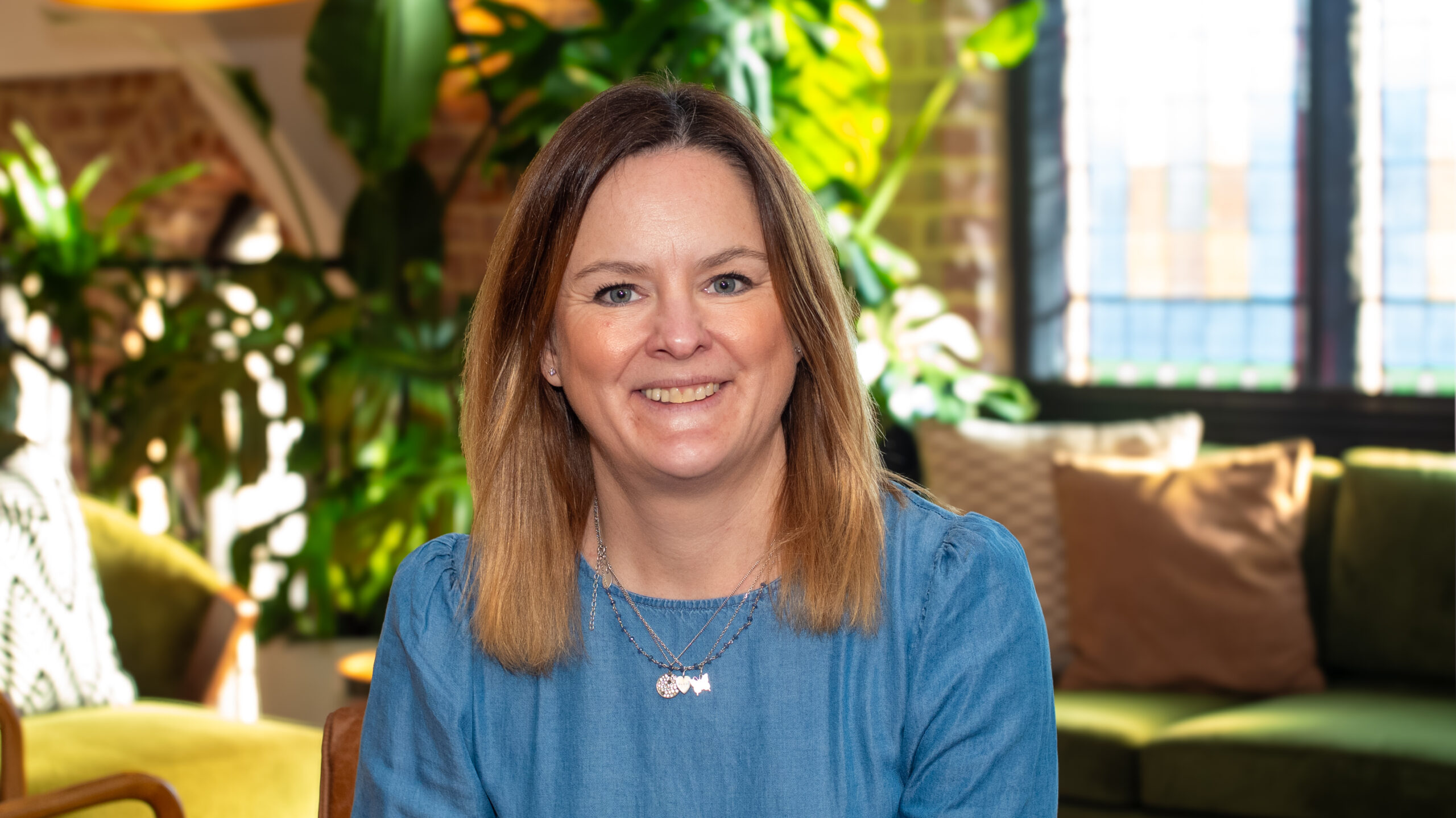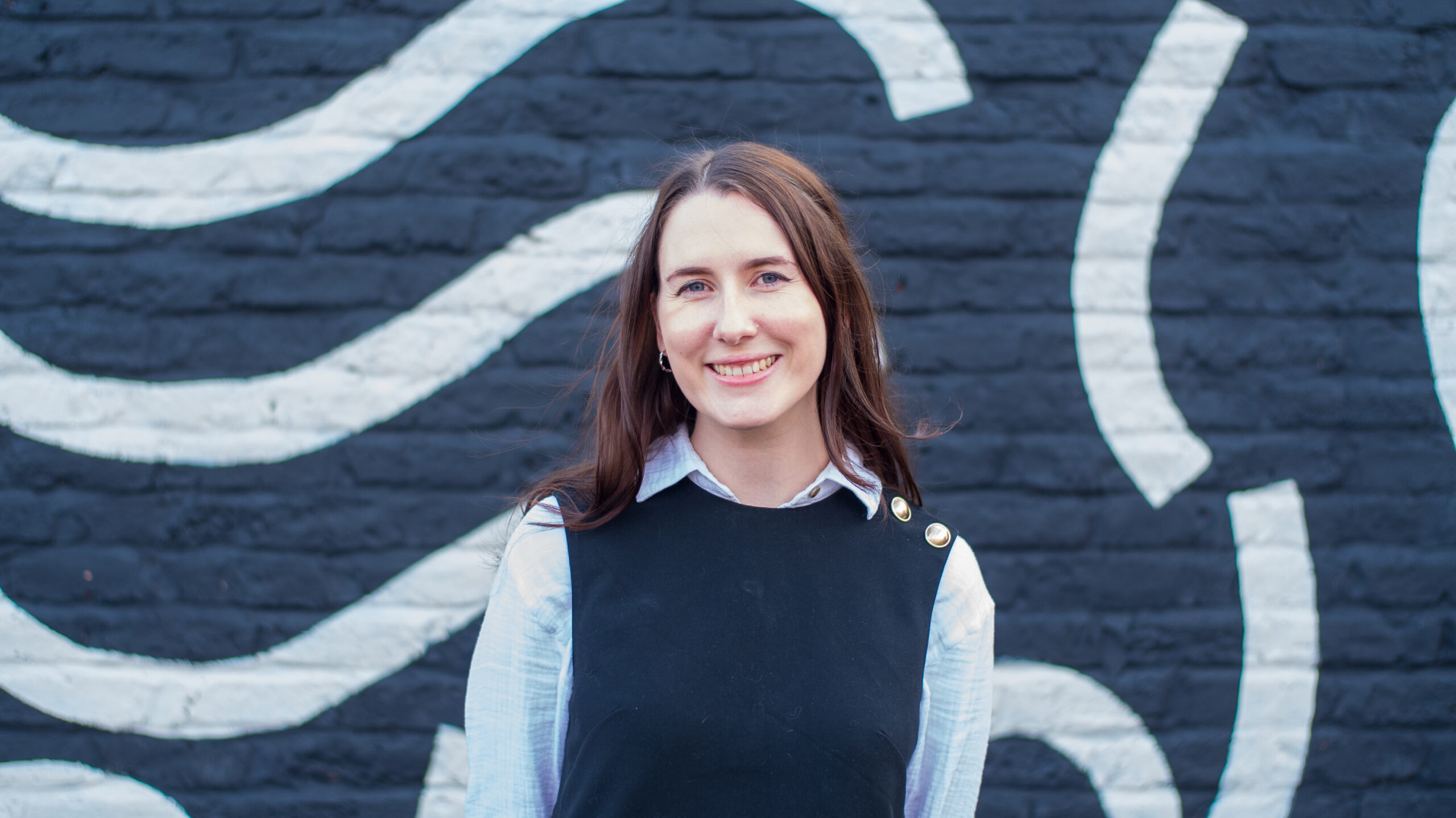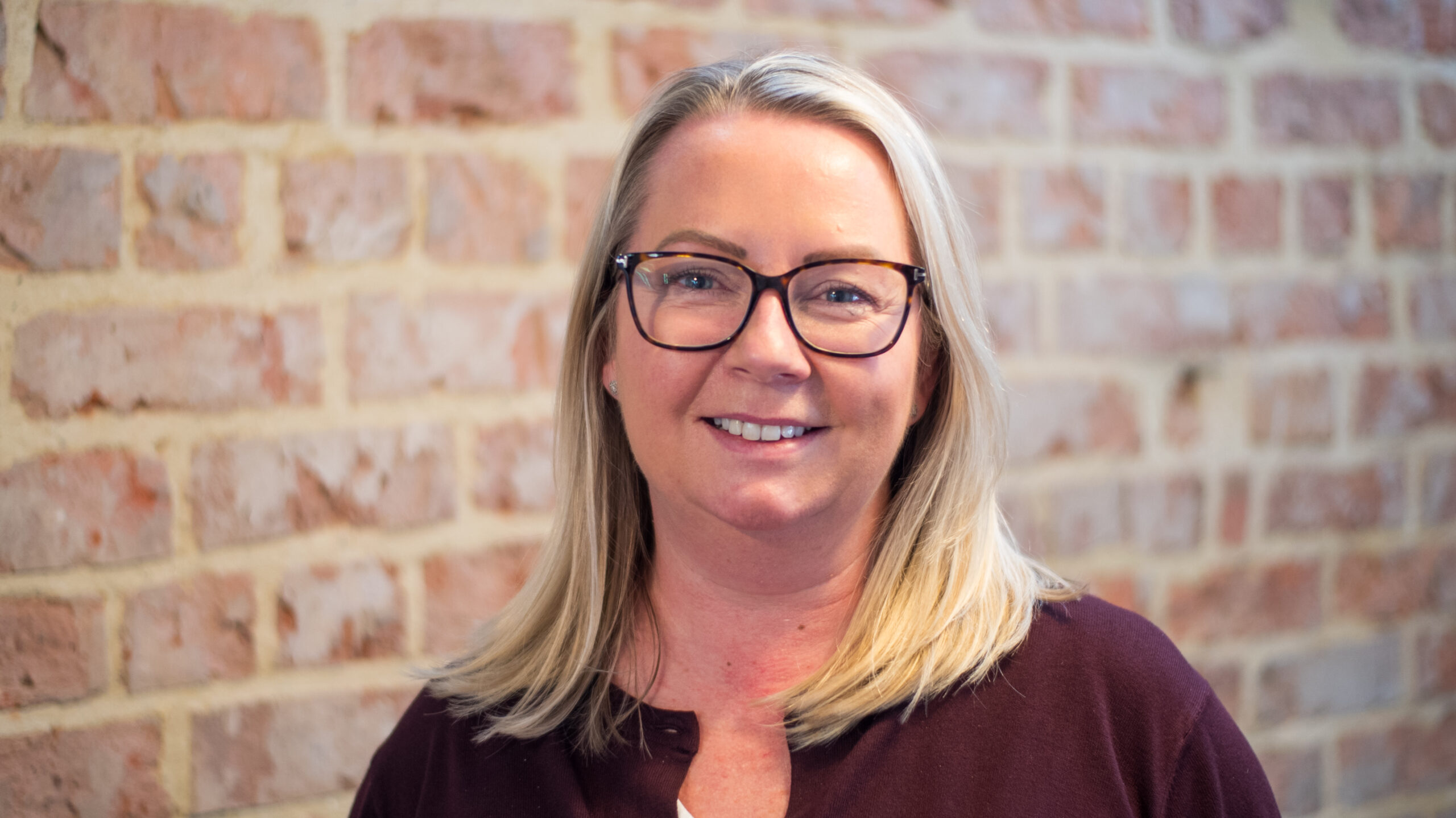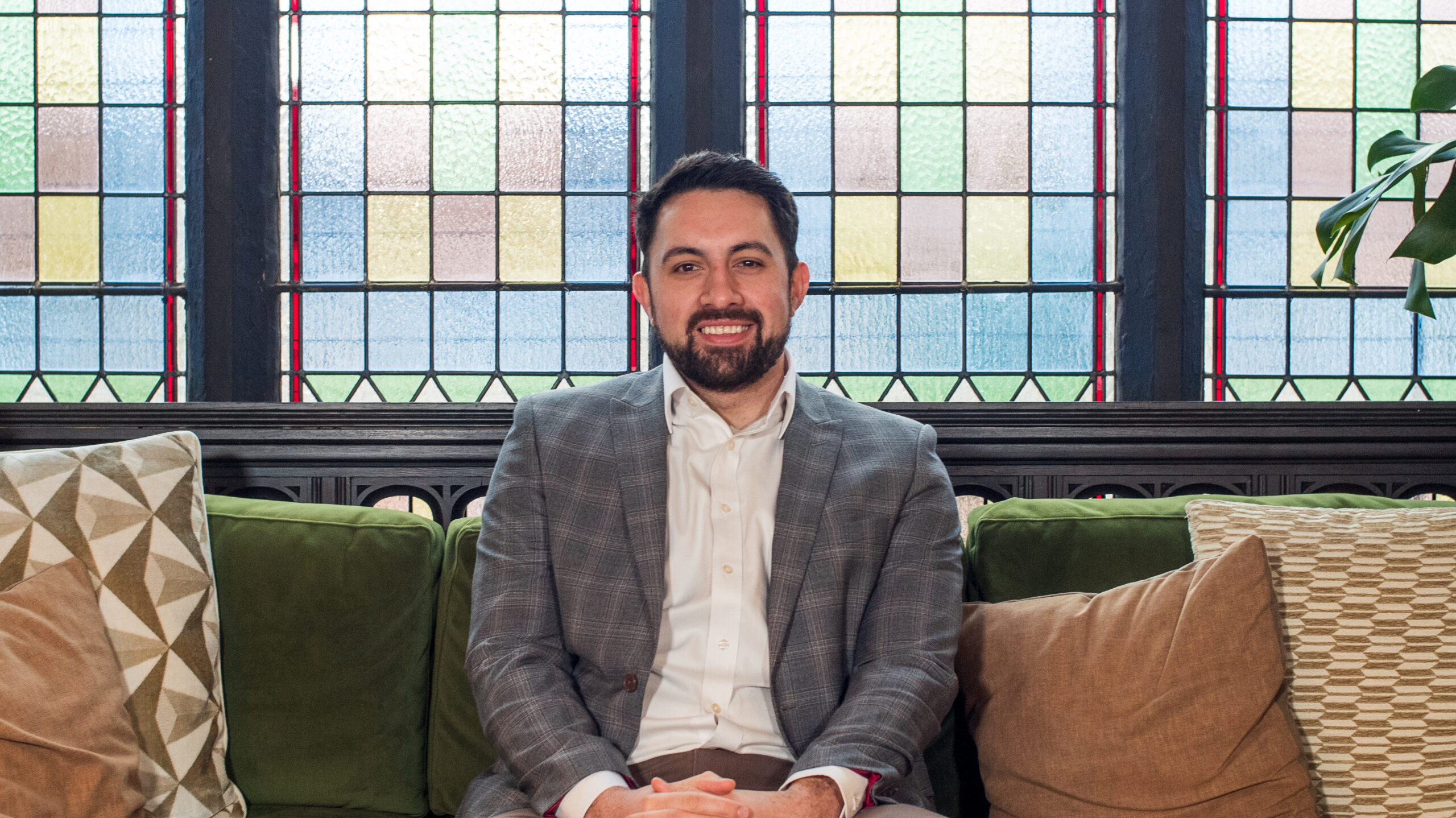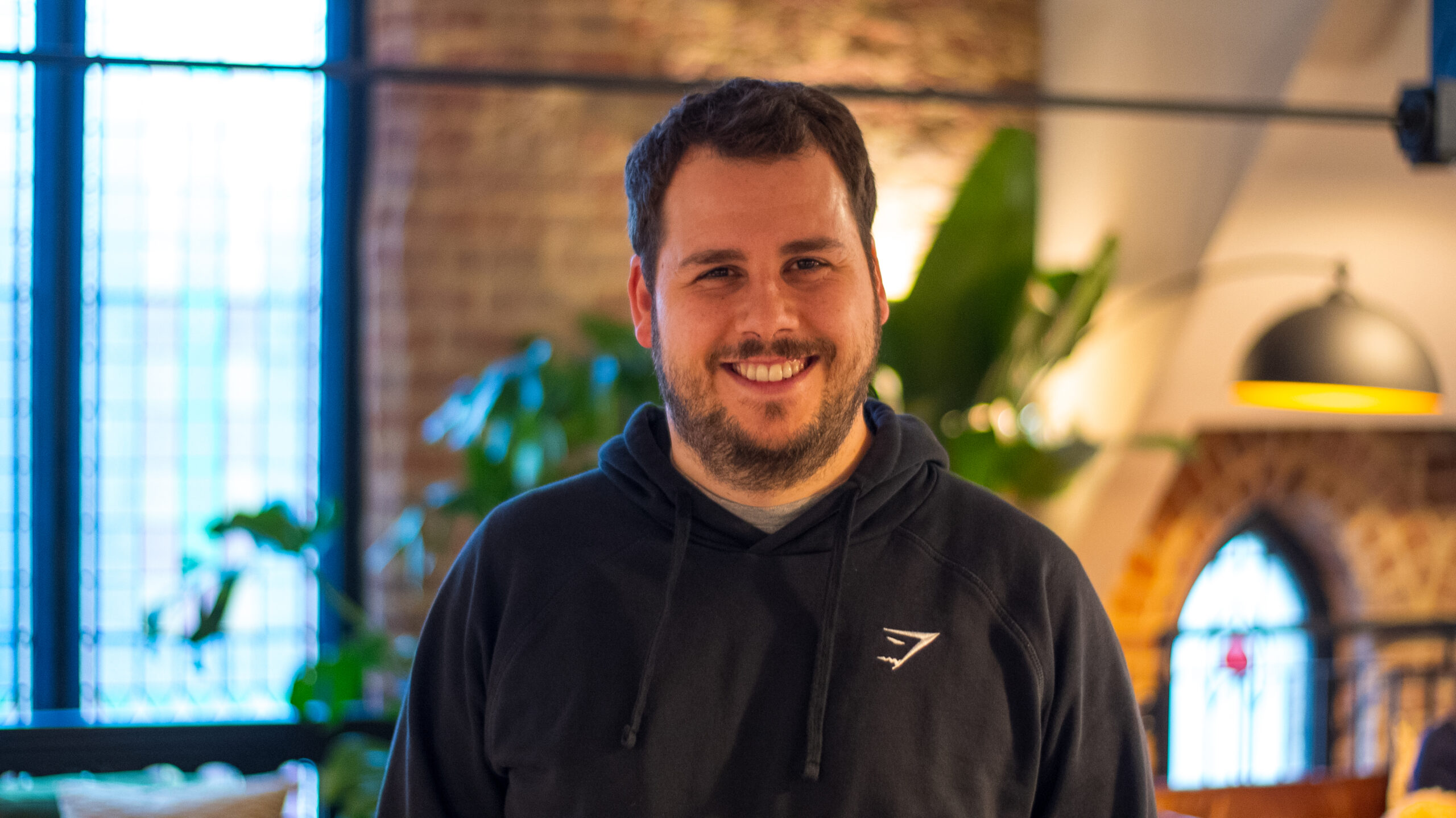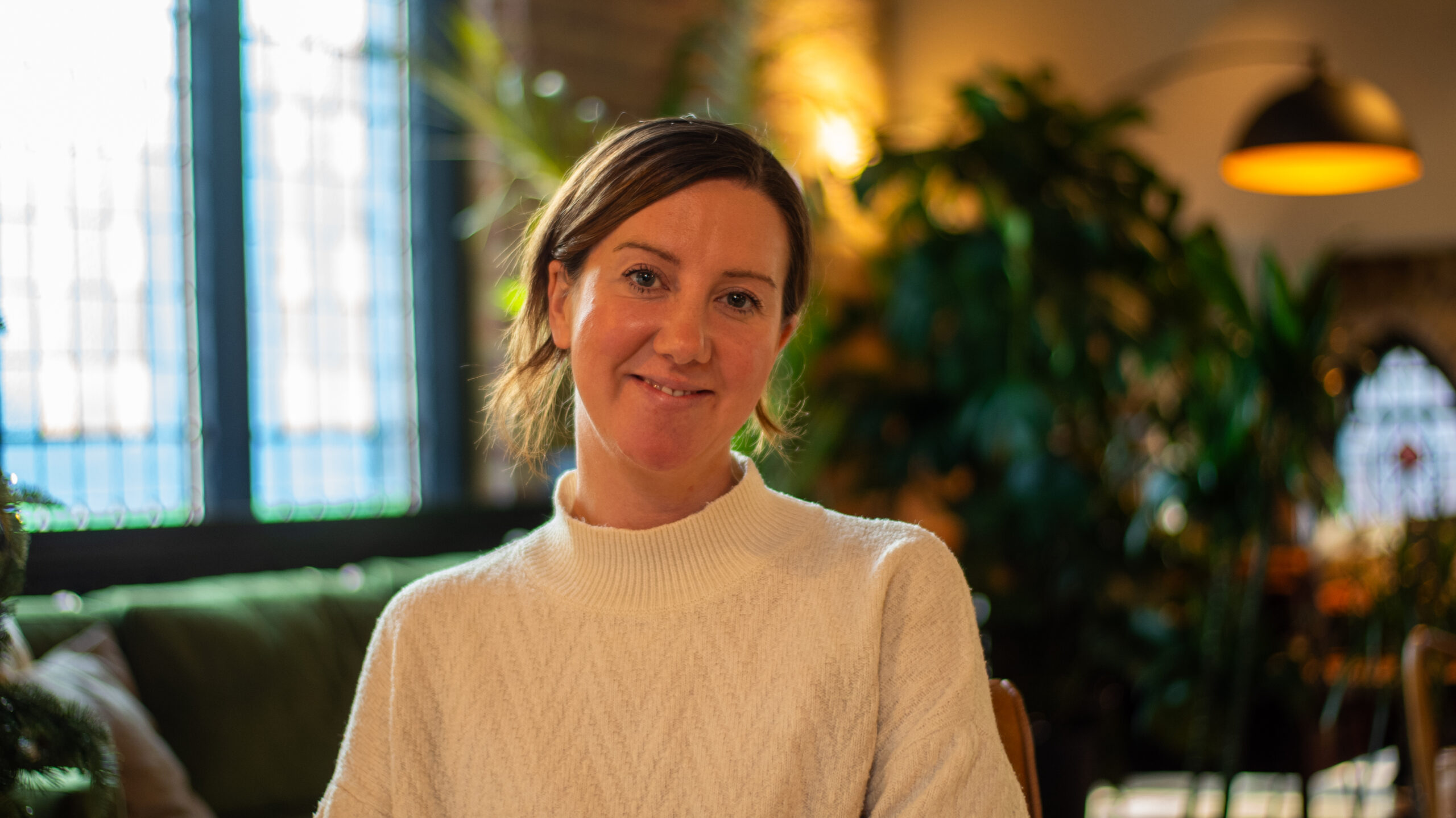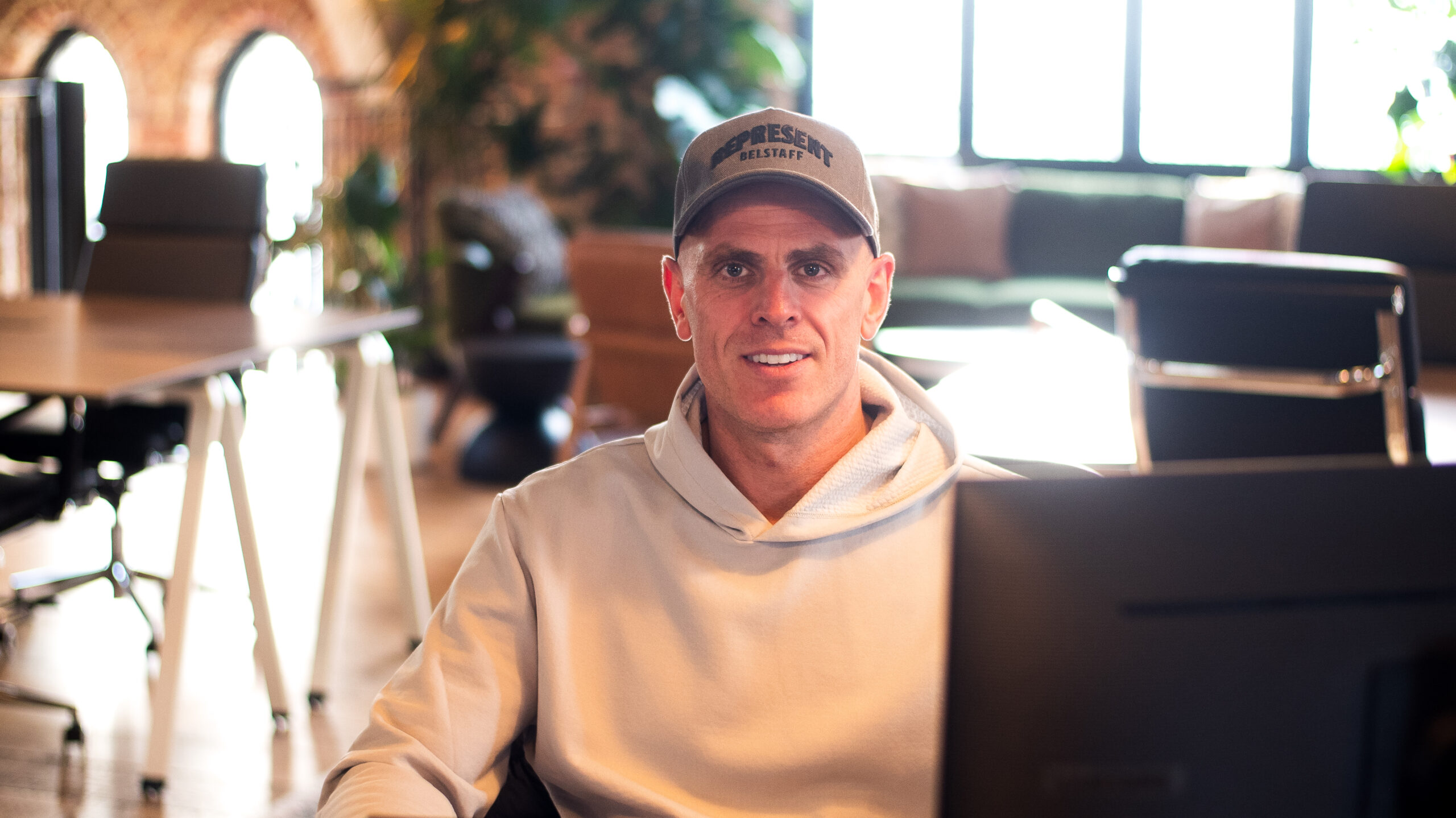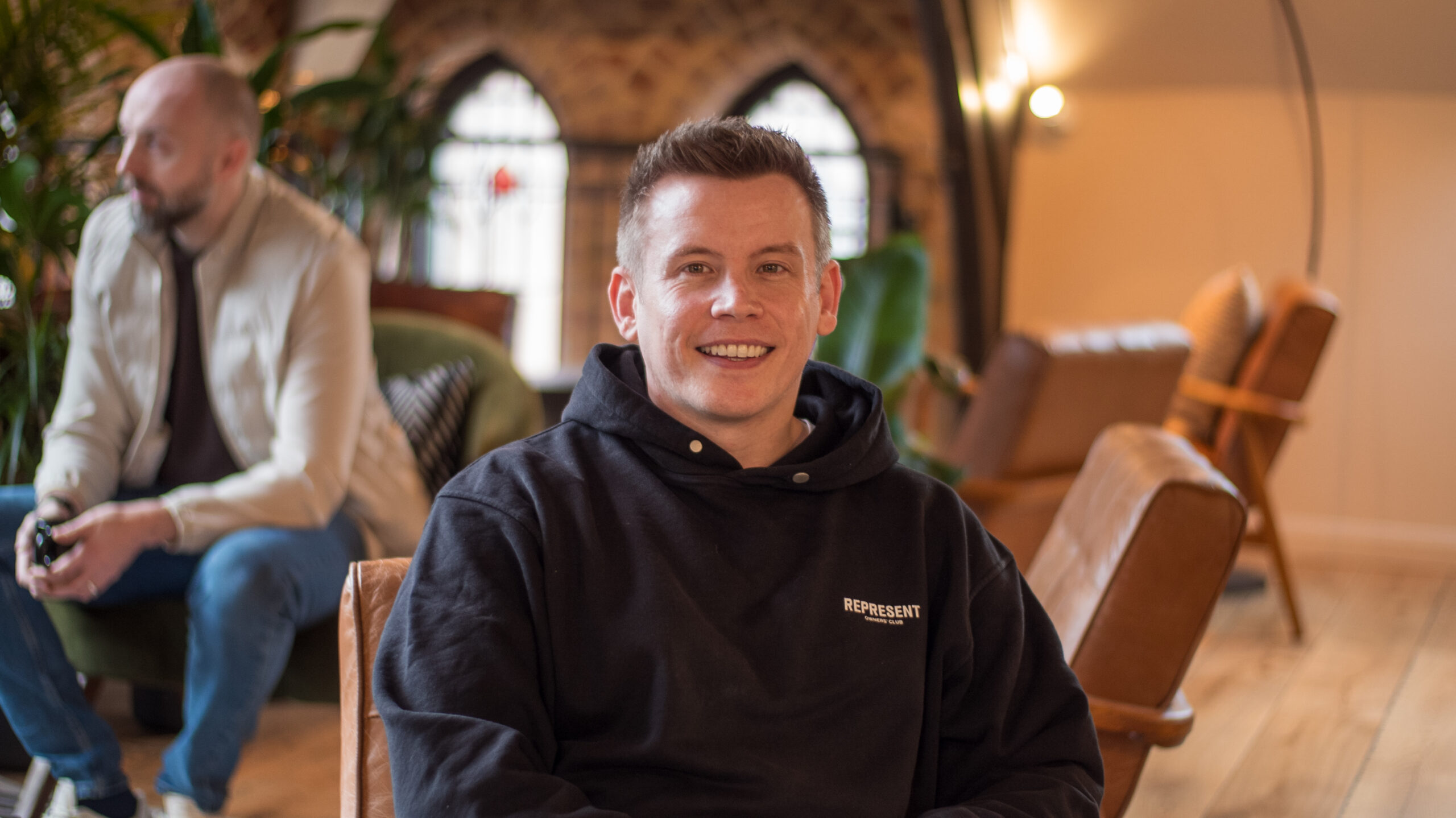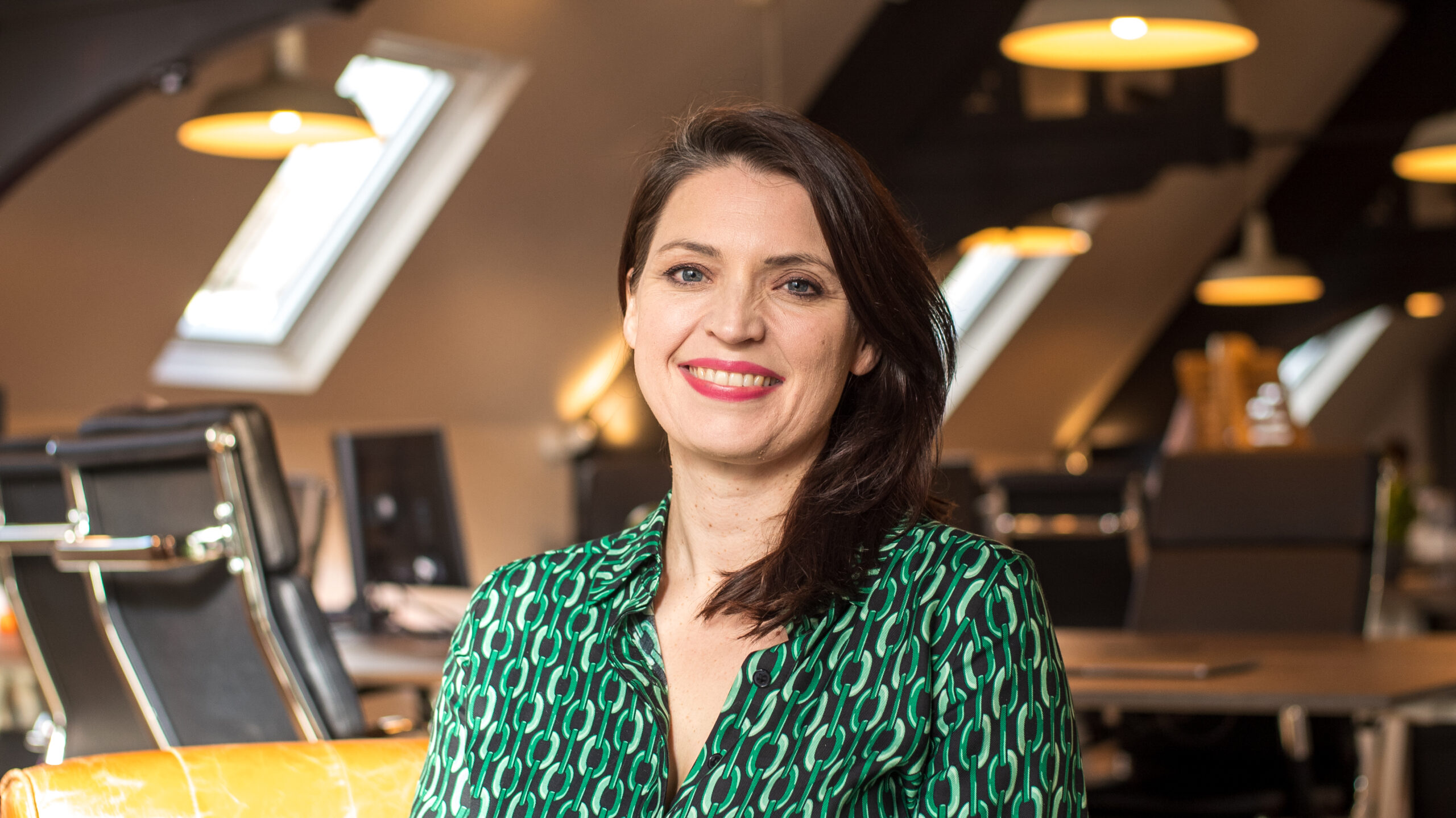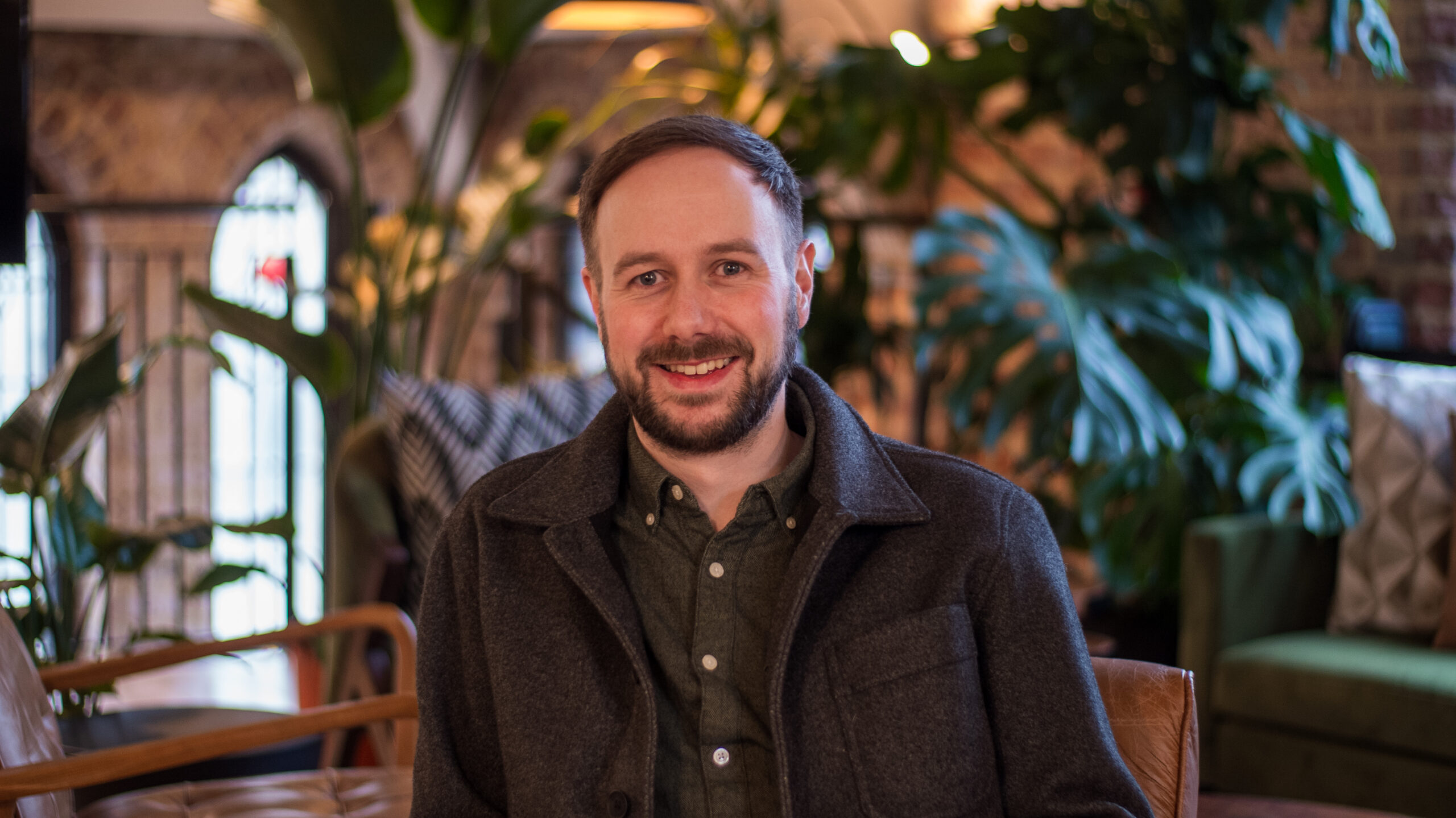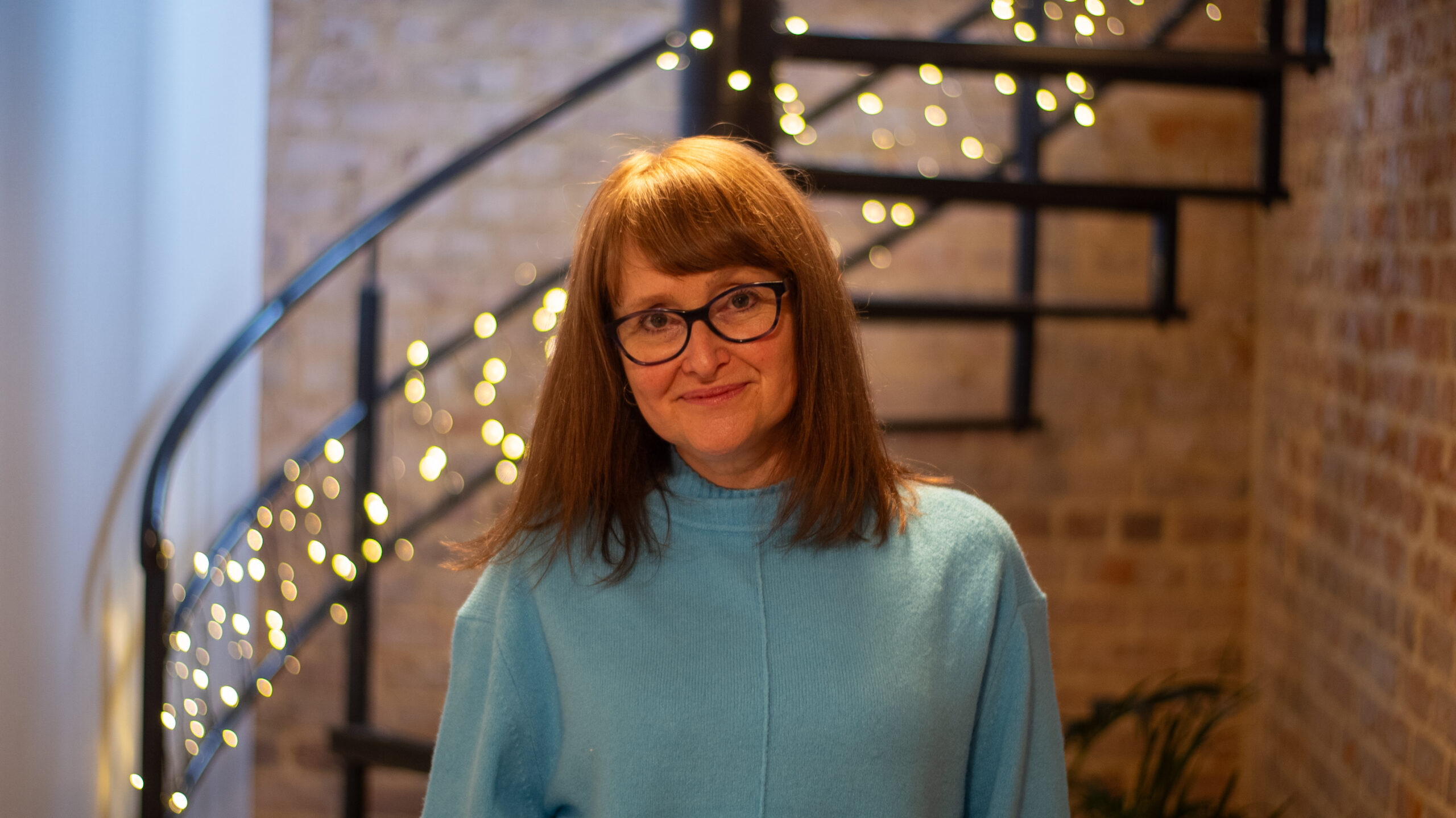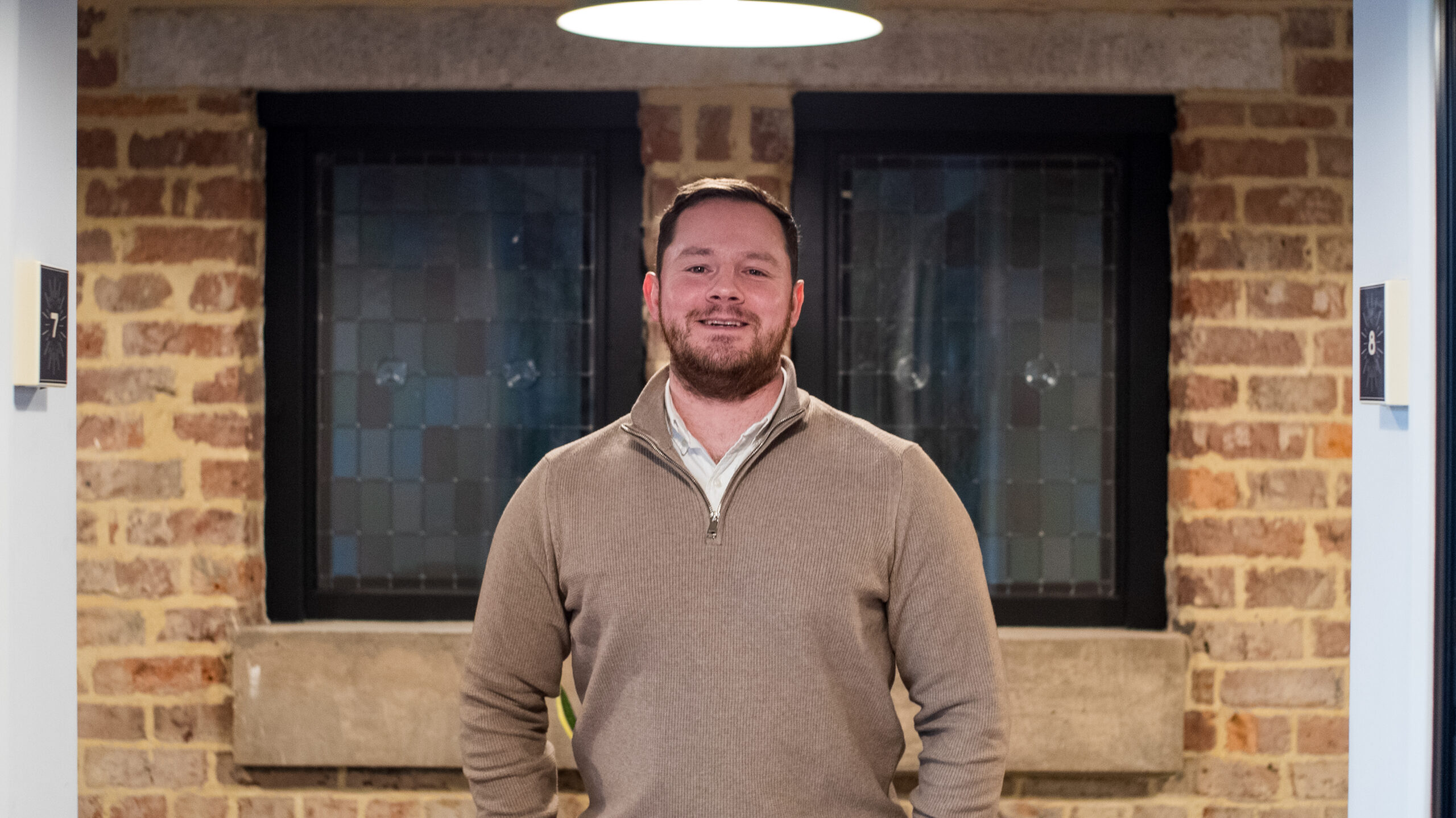Building Community and Conversations with Talk About It Mate
For many entrepreneurs, their business is built from an idea, an ambition, or an untapped market. But for Mike Richard, founder of Talk About It Mate, it was born from something deeply personal—his own journey with mental health and a desire to create safe spaces for men to talk, connect, and support one another.
“I was changing careers,” Mike explains. “I used to be a primary school teacher, but after struggling with my own mental health, I moved back to Manchester from London, travelled a bit, and realised I needed something where I could talk to people about it. It wasn’t really a thing in my friendship group.”
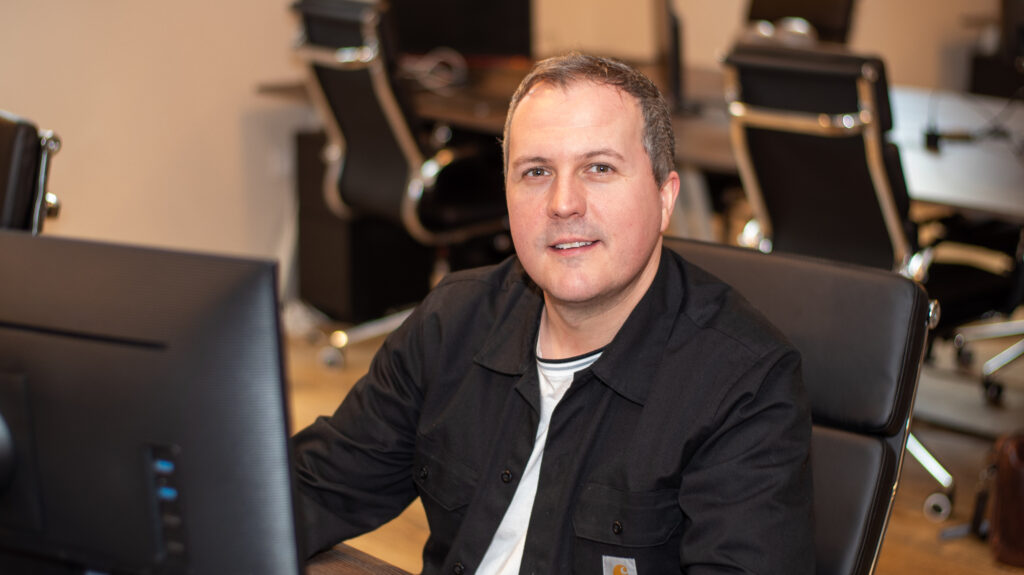
So, he started setting up informal meetups. The response was overwhelming. “That was seven years ago,” he recalls. “It completely changed my perception of talking and my career. That’s where Talk About It Mate came from and what led me to train as a counsellor.”
From Pub Meetups to a Thriving Social Enterprise
From a casual meetup in a Wetherspoons to a fully-fledged community interest company (CIC), Talk About It Mate has grown into a vital organisation. “We’ve been a CIC for over five years now,” Mike shares.
“When I say that out loud, it’s like—wow, we’re still here, still doing important work”
For those unfamiliar with the CIC model, it’s a business structure designed for social enterprises—allowing founders to trade and generate revenue while ensuring profits are reinvested into the community. “I didn’t know the first thing about starting a business,” Mike admits. “I went to The Growth Company and the business training sessions at Manchester Library. I floated my idea around, and suddenly, what was a passion project became something real.”
Balancing Funding and Business Sustainability
Revenue for Talk About It Mate comes from a mix of funding and corporate partnerships. “At the start, I was told to aim for a good split,” he says. “It’s easier said than done, but I’ve worked with everyone from local councils and NHS trusts to probation services and football clubs.”
The challenge? Scaling. “We rely a lot on volunteers, especially in the community side of things,” Mike explains. “That’s a big part of why we’ve been successful.”
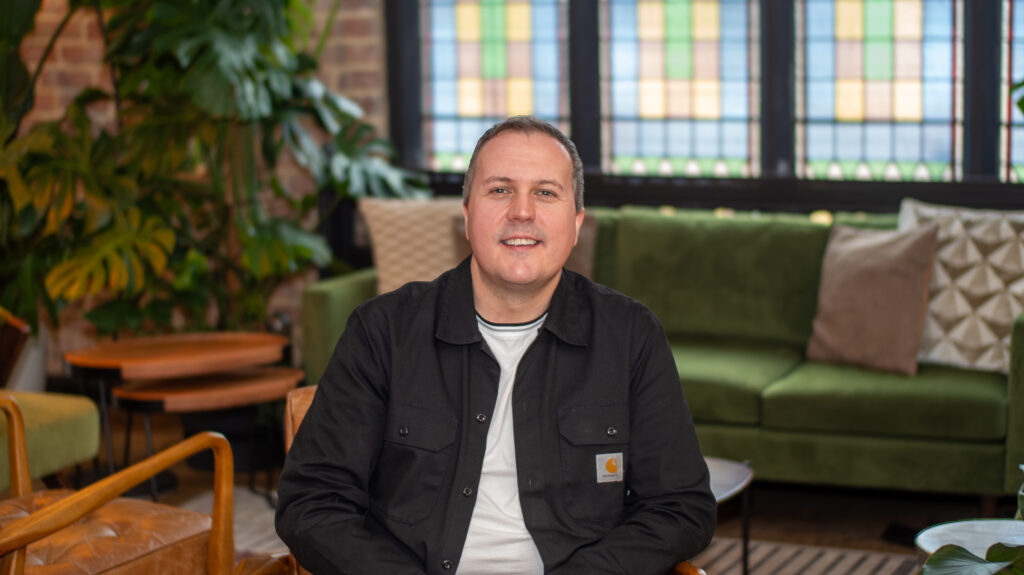
Creating Spaces for Connection and Support
The core of Talk About It Mate is peer support. “People still don’t really know what that means,” Mike says. “It’s just people helping other people.”
He now runs three weekly groups in Salford, a community close to his heart. “I used to do them all over, but I wanted to work in my own backyard,” he explains. “When we started the first group three years ago, we weren’t sure if anyone would turn up. But eight guys showed up.”
“Now, we’re regularly working with 40 men each week”
For many, it’s the first time they’ve ever opened up. “We hear a lot about ‘raising awareness’ for mental health, which is great—but it has to go beyond that. When these men walk through the door, they’re not just raising awareness, they’re doing the work.”
The Impact of Talking
Creating a space where men can be vulnerable has been transformative. “These are men who may have never spoken about their feelings before, because they think they have to be ‘strong.’ But when they sit in that room, they listen, they share, and they support each other. It sounds cheesy, but honestly? It’s magic.”
As Talk About It Mate continues to grow, Mike is focused on expanding its reach while keeping its core mission at heart. “There’s still so much more to do,” he says. “But every conversation we enable, every connection we create—that’s the real impact.”


